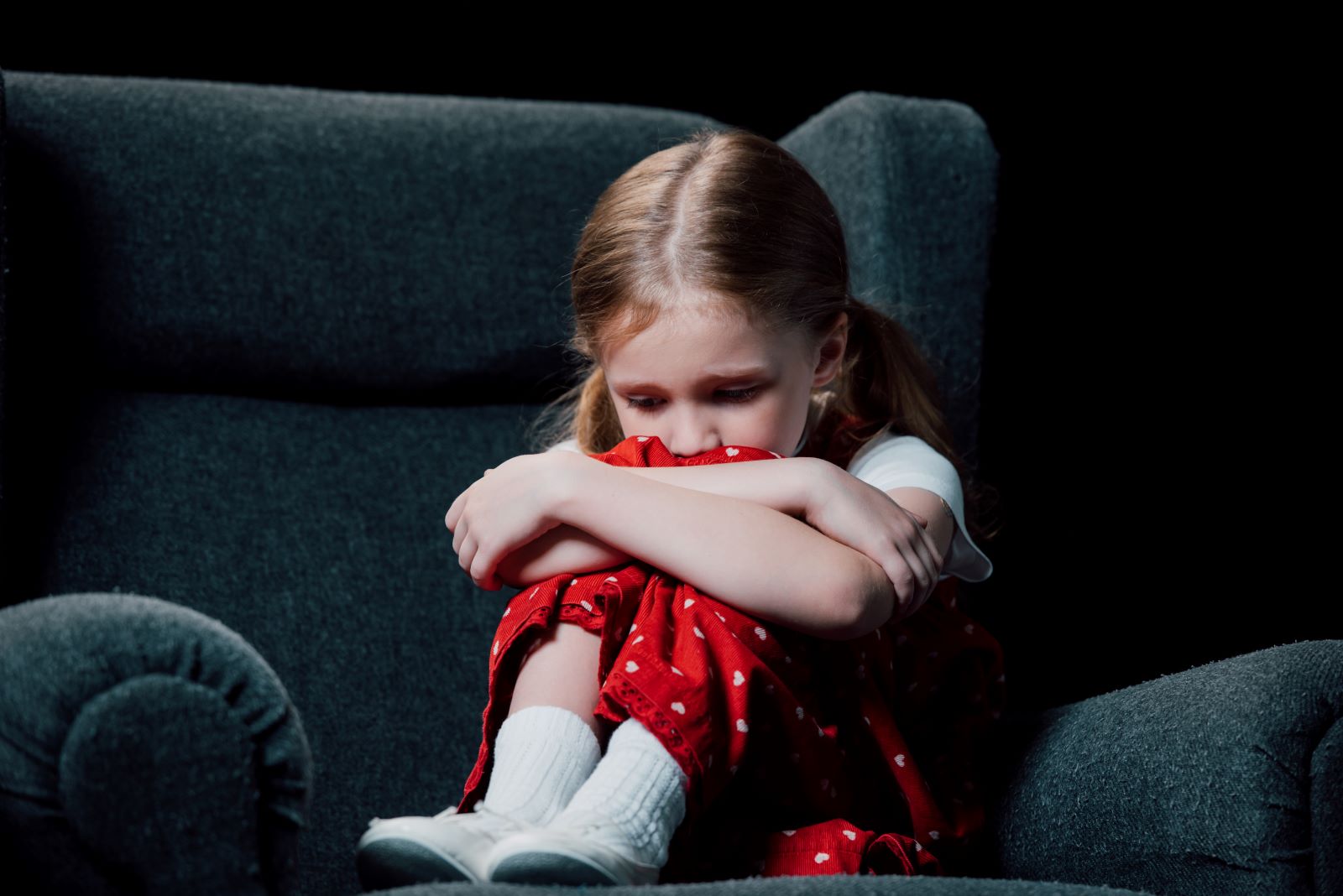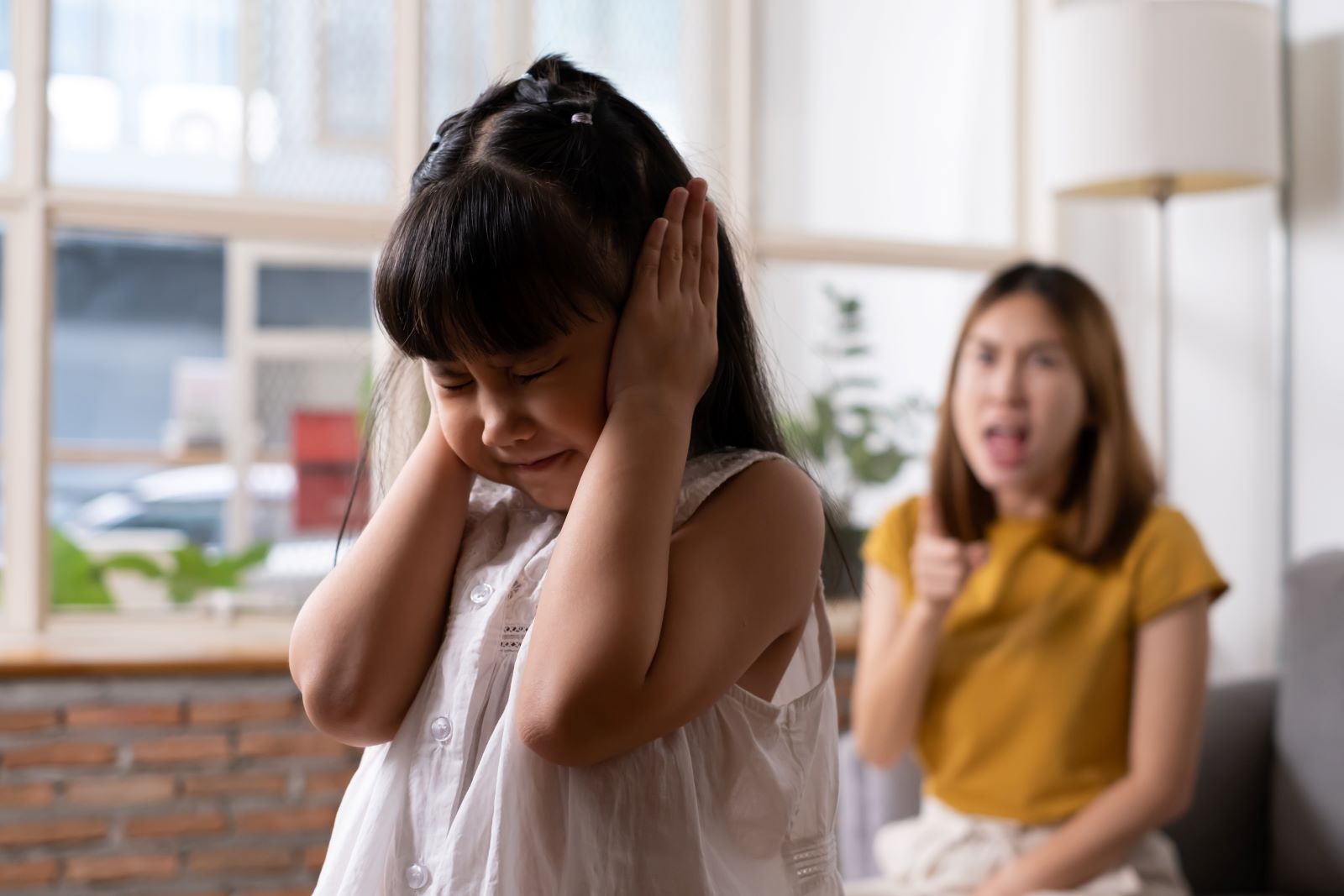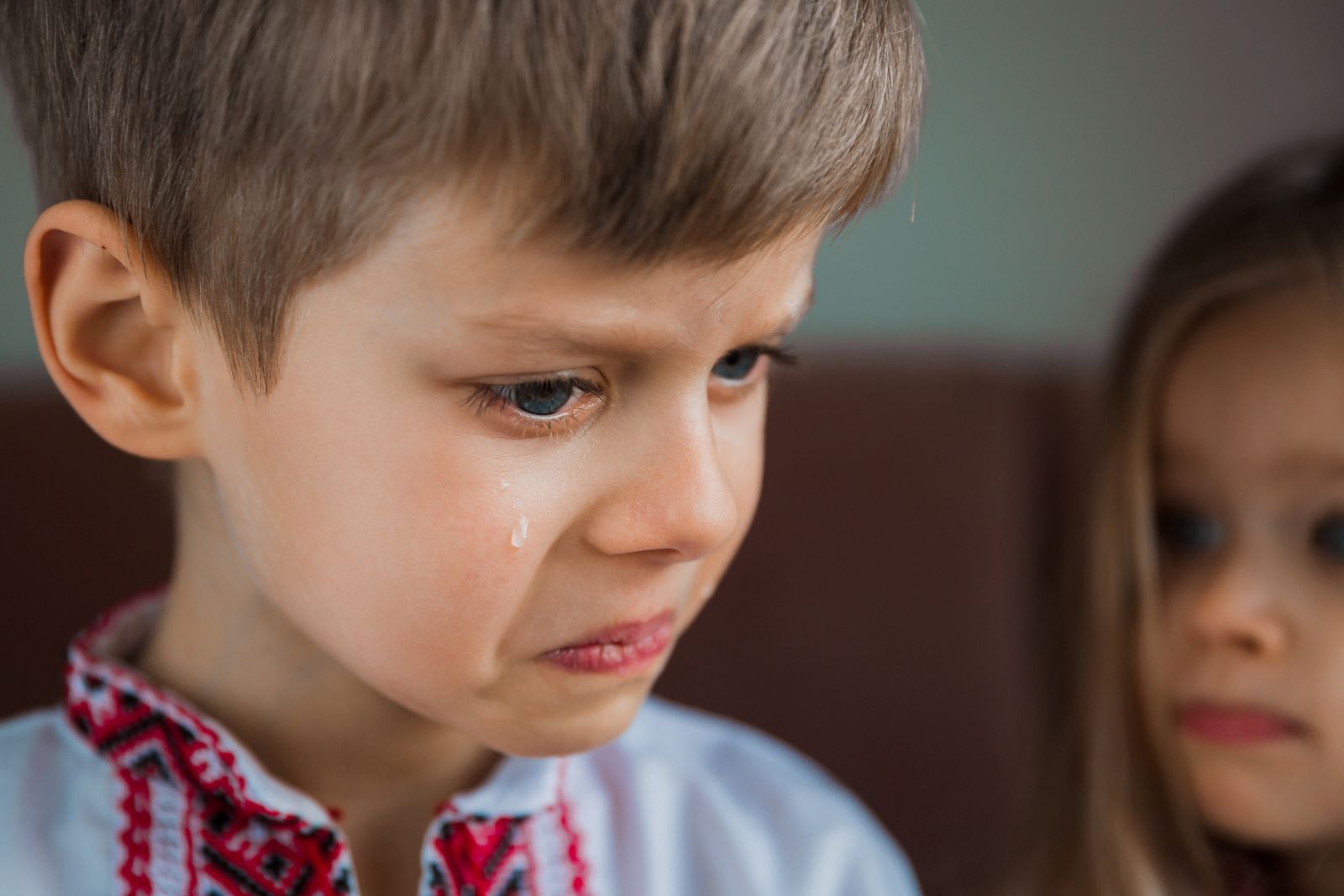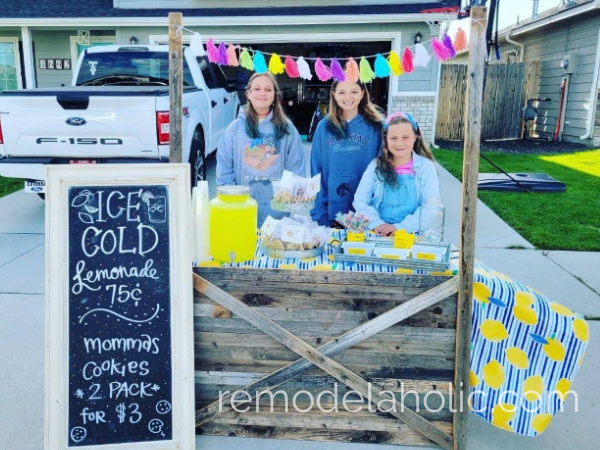Childhood Wounds: 12 Harmful Phrases That Affect Kids
Childhood is a formative period during which words and actions leave lasting impressions on young minds. While parents and caregivers often aim to guide and teach, certain phrases can inadvertently inflict emotional harm and shape children’s self-perceptions.
Here are twelve harmful phrases that can impact kids’ well-being:
12. “You’re Such a Failure”

Using language that labels a child as a failure can have long-lasting effects on their self-esteem. Instead, focus on specific actions or behaviors, offering encouragement and guidance on how they can improve or learn from their experiences.
11. “You’re Always Messing Up”

Similar to the previous point, using sweeping statements about a child’s behavior can be harmful. Address specific instances and discuss alternative choices or solutions. Provide support rather than emphasizing their perceived shortcomings.
10. “You’re Such a Disappointment”

This phrase can be incredibly damaging to a child’s self-esteem. Instead, focus on their specific behavior, addressing it with empathy and constructive guidance. For example, say, “I’m disappointed in what you did,” to address the behavior without attacking their identity.
9. “I Wish You Were More Like…”

Comparing your child to others, whether siblings, classmates, or friends, can foster feelings of inadequacy. Instead, celebrate your child’s unique qualities and strengths. Encourage them to embrace their individuality.
8. “You’re Always…”

Labeling children with negative traits can become a self-fulfilling prophecy. It’s more effective to address specific behaviors rather than making broad generalizations. Provide constructive feedback on what they did and how they can improve.
7. “You’re Too Young to Understand”

Dismissing a child’s thoughts or feelings can make them feel unheard and undervalued. Instead, validate their emotions and offer age-appropriate explanations. Encourage questions and open dialogue.
6. “Big Boys/Girls Don’t Cry”

Suppressing emotions can be detrimental to a child’s mental health. Instead, encourage emotional expression and teach healthy ways to cope with feelings. Offer comfort and support when they’re upset.
5. “You’re Making a Big Deal Out of Nothing”

Minimizing a child’s concerns can discourage open communication. Listen actively to their worries, fears, and joys. Validate their feelings, even if you don’t fully understand them.
4. “I’m Ashamed of You”

Shaming a child for their actions can lead to deep feelings of worthlessness. Instead, address their behavior while emphasizing your love and your belief in their capacity to learn and grow.
3. “You’re Being Too Sensitive”

Invalidating a child’s feelings can make them reluctant to share in the future. Encourage empathy and understanding by acknowledging their emotions. Teach them healthy ways to manage their sensitivity.
2. “Why Can’t You Be More Like Your Brother/Sister?”

Comparing siblings can create resentment, rivalry, and feelings of inadequacy. Instead, celebrate each child’s individuality. Avoid making them compete for your approval.
1. “I Give Up on You”

Expressing frustration by saying you give up on your child can lead to feelings of abandonment. Instead, communicate your challenges and your commitment to finding solutions together. Show them that you’re there to support and guide them.
By being mindful of these harmful phrases and adopting alternative approaches rooted in empathy, respect, and open communication, we can foster healthier parent-child relationships and help our children grow into confident, resilient, and emotionally healthy individuals.
Oops! 10 Bad Parenting Tips to Avoid

While there’s no one-size-fits-all manual for being a perfect parent, there are certain tips and approaches that can do more harm than good. In this blog, we’ll explore 10 common bad parenting tips to avoid, ensuring a healthier and more positive upbringing for your children.
Most successful lies of all time

Everyone has their own perception of what’s true for them or what they want to believe, but some things started as a lie and quickly became “common knowledge.” I found the most intriguing answers from an internet discussion on the topic of the most successful lies in history.
Parenting Epic Fails: 10 Ways We Fail Our Kids Every Day

It’s high time we confront the ways we fail our kids and make significant adjustments. Let’s remove our parental blinders and delve into 10 undeniable areas where we may fall short in our parenting responsibilities.






